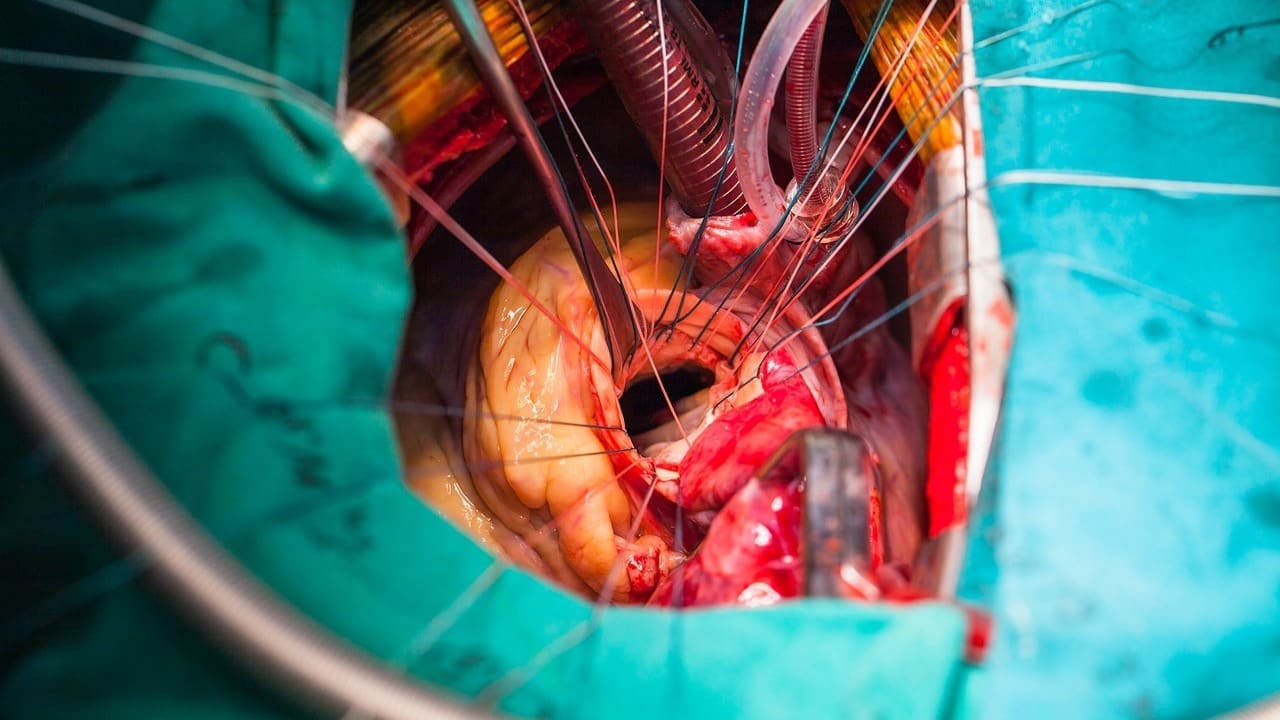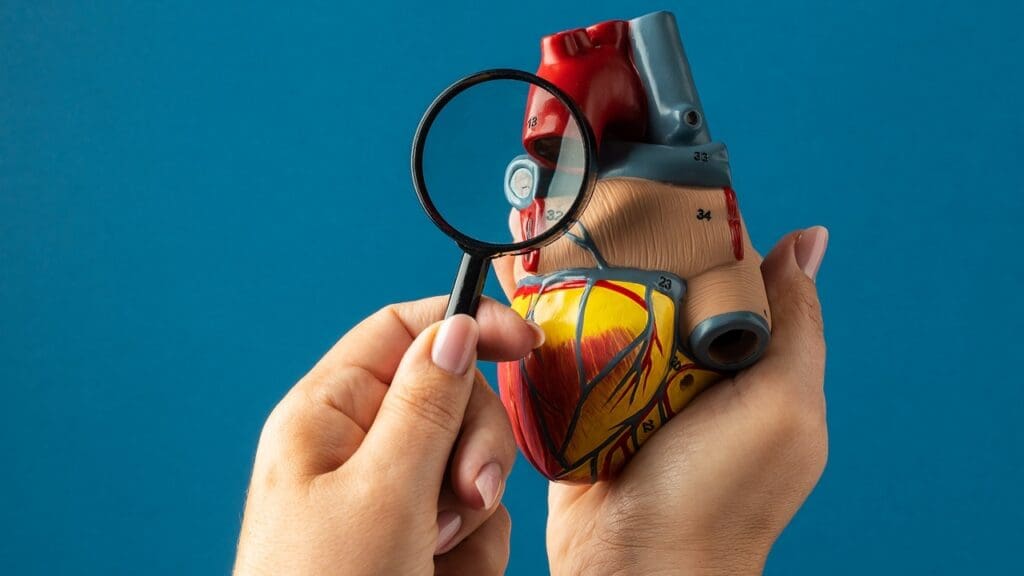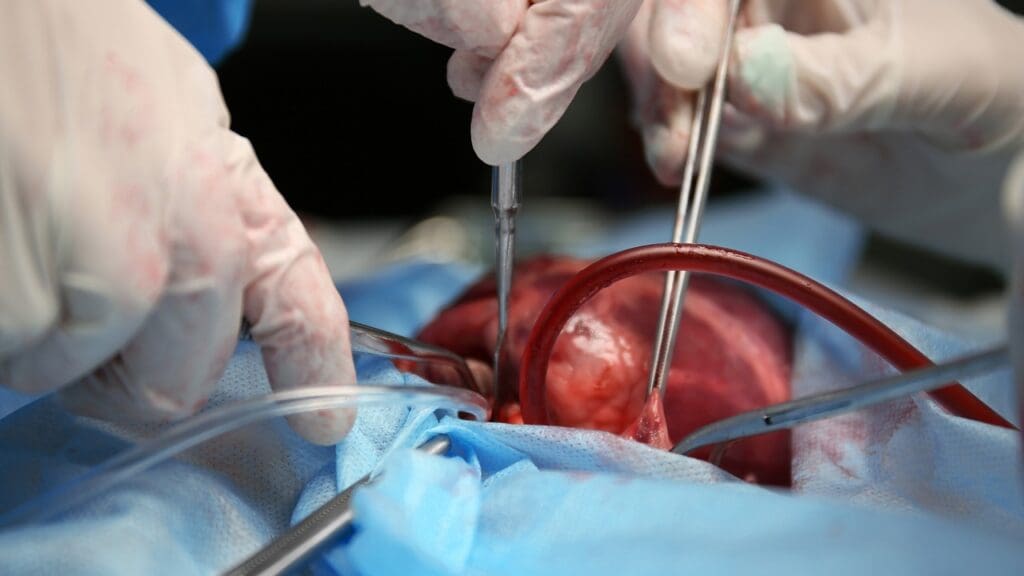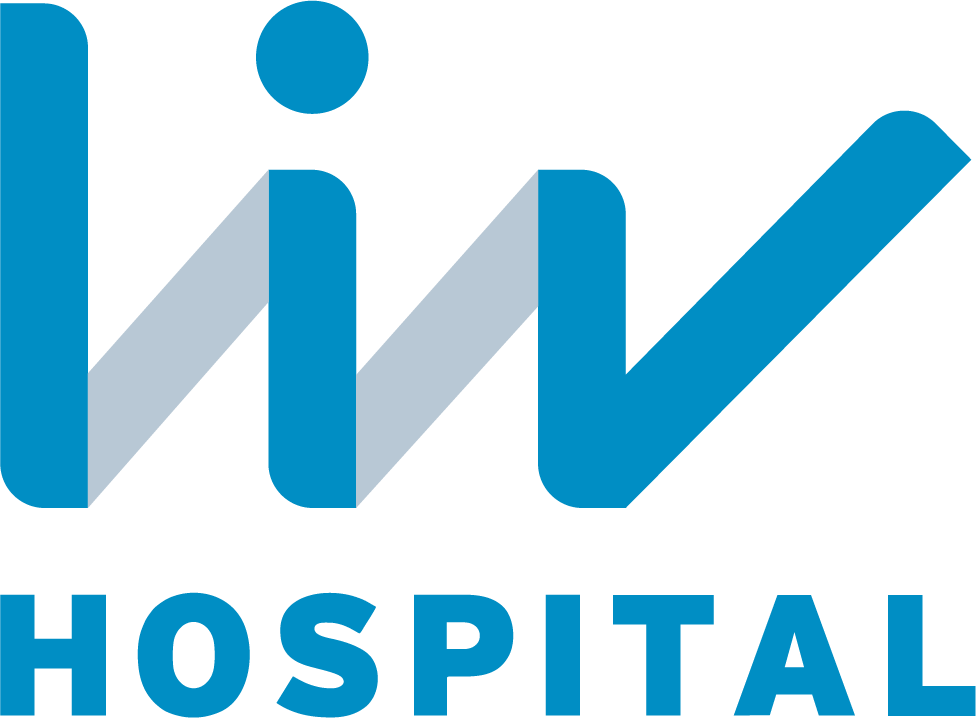
For those with heart valve disease, heart valve repair surgery and replacement can change lives. These procedures offer hope and better quality of life. Studies show they can greatly improve patient outcomes, easing symptoms and ensuring normal blood flow.
At Liv Hospital, we use the latest technology and focus on the patient. Our goal is to provide top-notch care for every step of your heart valve journey. Our team is dedicated to delivering world-class healthcare, with full support for international patients.
Key Takeaways
- Heart valve repair and replacement surgeries can significantly improve patient outcomes.
- Advanced technology and patient-centered care are key for successful heart valve treatment.
- Knowing your options for heart valve repair and replacement is vital for making informed choices.
- Liv Hospital offers internationally recognized expertise for heart valve treatment.
- We provide full support for international patients undergoing heart valve surgery.
The Critical Role of Heart Valves in Cardiovascular Health

Heart valves are key to keeping blood flowing right. They control blood flow between the heart and big blood vessels. Properly working heart valves are vital for heart health, helping the heart pump blood well.
How Heart Valves Function in Normal Circulation
Heart valves open and close to let blood flow. They make sure blood goes only one way, keeping circulation smooth. Medical experts say knowing how they work is key to fixing valve problems.
Common Valve Disorders Requiring Medical Intervention
Problems like stenosis (narrowing) and regurgitation (leakiness) can harm the heart. These often need surgical repair of a valve or heart valves replacement to fix them.
Impact of Valve Disease on Quality of Life
Valve disease can really hurt a person’s life, causing breathing trouble, tiredness, and chest pain. Treatments like leaky heart valve surgery and heart valve repair can help ease these issues and boost well-being.
Key Fact #1: Cardiac Valve Repair Surgery Preserves Natural Tissue

Repairing the heart valve is a big plus in treating heart diseases. It helps patients do better in the long run. Keeping the natural valve is a top priority for us.
Benefits of Preserving the Patient’s Native Valve
Keeping the patient’s own valve through cardiac valve repair surgery has many advantages. It lowers the chance of problems and boosts long-term results. Patients face fewer issues with artificial parts. Also, a good repair means:
- Shorter recovery times
- Less need for anticoagulation therapy
- Improved heart function
Conditions Most Suitable for Repair Procedures
Not every heart valve issue can be fixed with surgery. But, mitral valve regurgitation and tricuspid valve regurgitation often get repaired. The choice to fix or replace a valve depends on the problem’s severity and the patient’s health.
Long-Term Outcomes of Successful Valve Repair
Studies show that heart valve repair can greatly improve long-term results. Patients who get a successful repair often live better lives with fewer symptoms. The long-term gains include:
- Reduced risk of heart failure
- Improved survival rates
- Less need for future interventions
By exploring cardiac valve replacement alternatives and leaky heart valve replacement when needed, we offer full care for heart valve disease patients.
Key Fact #2: Heart Valve Replacement Options When Repair Isn’t Possible
When heart valve repair is not possible, replacement is the next step. This gives patients a chance to improve their heart health. Heart valve replacement surgery uses either a mechanical or biological valve, each with its own benefits and challenges.
Mechanical Valve Advantages and Considerations
Mechanical heart valves are made from strong materials like titanium. They are very durable and can last for many years. But, patients with these valves must take anticoagulant medication to prevent blood clots.
This is a big deal because it affects their lifestyle and needs regular check-ups.
Biological Replacement Valve Types and Durability
Biological valves are made from animal tissue, often from pigs or cows. They are treated to prevent rejection. They are less likely to cause blood clots, which means patients might not need to take anticoagulant medication for life.
But, these valves may need to be replaced after 10 to 15 years, which is a concern for younger patients.
How Surgeons Determine the Optimal Replacement Choice
The choice between mechanical and biological valves depends on several factors. Surgeons look at the patient’s age, lifestyle, and health when making this decision. Younger patients or those who are more active might prefer a mechanical valve.
On the other hand, older patients or those who can’t handle long-term anticoagulation might do better with a biological valve.
In conclusion, choosing the right heart valve replacement is a big decision. It depends on the patient’s specific needs and situation. Understanding the pros and cons of both mechanical and biological valves helps patients make informed choices.
Key Fact #3: Approximately 300,000 Heart Valve Procedures Performed Annually
Every year, about 300,000 heart valve procedures are done worldwide. This shows how common heart valve disease is. It also highlights the key role of heart valve surgery in treating these conditions.
Global Distribution of Valve Surgeries
Heart valve surgeries happen all over the world. The number of surgeries varies by region. This is due to several factors:
- How common heart valve diseases are
- Access to top-notch cardiac care
- Demographic factors, like the age of the population
Countries with better healthcare systems do more valve surgeries. This shows they can diagnose and treat better.
Improving Success Rates and Patient Outcomes
There’s a constant push to make heart valve surgery better. This includes:
- New surgical methods, like less invasive ones
- Advances in valve replacement technology
- Better care before and after surgery
These efforts lead to better patient outcomes and shorter recovery times.
Cost Considerations and Healthcare Impact
The cost of heart valve procedures is a big deal. Costs depend on:
- The type of surgery done
- How long the patient stays in the hospital
- The care needed after surgery
Healthcare systems around the world are trying to manage these costs. They aim to provide top-notch care without breaking the bank. They’re looking at ways to use resources better and make surgeries more efficient.
Key Fact #4: Leaky Heart Valve Surgery Has Unique Approaches
Understanding how a leaky heart valve works is key to fixing it. Surgery for a leaky heart valve needs a detailed plan. This plan considers how bad the leak is, the patient’s health, and the best way to fix or replace the valve.
Understanding Valve Regurgitation Mechanics
Valve regurgitation happens when the heart valve doesn’t close right. This lets blood flow back, putting extra stress on the heart. If not treated, it can lead to heart failure.
Specialized Repair Techniques for Leaky Valves
There are special ways to fix leaky heart valves. These include:
- Annuloplasty: fixing or replacing the ring around the valve.
- Leaflet repair: fixing or replacing the valve’s leaflets.
- Chordal repair: fixing or replacing the chords that support the leaflets.
When Replacement Becomes Necessary for Severe Regurgitation
For severe leaks, replacing the valve might be the best choice. This can be with a mechanical or biological valve. The choice depends on the patient’s age, lifestyle, and health.
Knowing the different ways to fix a leaky heart valve helps patients and doctors make the right choice.
Key Fact #5: Surgical Approaches Range from Open-Heart to Minimally Invasive
Heart valve surgery can be done in different ways. This includes traditional open-heart surgery and newer, less invasive methods. Each method is chosen based on the patient’s specific needs and condition.
Thinking about heart surgery can be scary. But knowing the options can help ease worries. The right surgery depends on the disease, the patient’s health, and the surgeon’s skills.
Traditional Sternotomy Approach for Valve Surgery
The traditional sternotomy method involves opening the chest and cutting the sternum. This has been used for many years. It gives surgeons a clear view of the heart valves.
Benefits of this approach include:
- Direct visualization of the heart valves
- Familiarity for surgeons, as it’s a well-established technique
- Ability to perform complex repairs or replacements
Minimally Invasive Cardiac Surgery (MICS) Techniques
Minimally invasive cardiac surgery has become more popular. These methods use smaller incisions and less chest disruption. They can lead to faster recovery and less pain.
Some benefits of MICS include:
- Smaller scars
- Less trauma to the body
- Potential for shorter hospital stays
Transcatheter Valve Procedures: Who Qualifies?
Transcatheter valve procedures are a big step forward in treating heart valve disease. They involve replacing or repairing the valve through a catheter in a blood vessel. This is usually done through the groin.
These procedures are for patients at high risk for open-heart surgery or with certain valve diseases. Each case is evaluated based on the patient’s health, valve type, and other conditions.
Is Valve Replacement Always Open Heart Surgery?
No, valve replacement isn’t always open-heart surgery. While open-heart surgery is common, new technologies offer alternatives. These include minimally invasive and transcatheter procedures.
The choice between open-heart surgery and less invasive options depends on the patient’s condition and health. Our team works with patients to find the best surgical approach for them.
Key Fact #6: The Surgical Repair or Replacement of a Heart Valve Requires Specific Preparation
Success in heart valve repair or replacement surgery depends on patient preparation. We focus on a detailed pre-surgical evaluation, adjusting medications, and physical and mental preparation. This ensures the best results for our patients.
Comprehensive Pre-Surgical Evaluation Process
A detailed pre-surgical evaluation is key to check the patient’s health and spot surgery risks. It includes tests like echocardiograms, electrocardiograms, and cardiac catheterization. We also review the patient’s medical history.
| Test Type | Purpose |
|---|---|
| Echocardiogram | Assesses heart valve function and overall heart health |
| Electrocardiogram | Evaluates heart rhythm and detects any abnormalities |
| Cardiac Catheterization | Examines the heart’s chambers and coronary arteries |
Medication Adjustments Before Surgery
Some medications may need to be changed or stopped before surgery. We help patients review their medications, including blood thinners. We make adjustments to keep them safe during and after surgery.
Physical and Psychological Preparation for Patients
It’s important to prepare physically and mentally for heart valve surgery. We advise a healthy lifestyle, including a balanced diet and exercise. We also offer support to manage anxiety or stress related to the surgery.
By taking these steps, we can greatly improve patient outcomes. This makes the recovery process smoother.
Key Fact #7: Recovery Involves Structured Rehabilitation Programs
Structured rehabilitation programs are key after heart valve surgery. They help patients get stronger and healthier. This reduces the chance of future problems.
Immediate Post-Operative Care Protocol
Right after surgery, care is very important. Patients are watched closely in the ICU or CCU. The post-operative care protocol includes:
- Monitoring of vital signs and cardiac function
- Pain management through medication
- Early mobilization to prevent blood clots and promote circulation
- Respiratory therapy to help patients recover from anesthesia
As patients get better, we add more activities. This helps them regain strength and independence.
Cardiac Rehabilitation: Phases and Benefits
Cardiac rehabilitation is a detailed program. It includes exercise, heart-healthy living education, and stress management. It has several phases:
- Phase 1: Inpatient rehabilitation during hospitalization
- Phase 2: Outpatient rehabilitation, usually starting a few weeks after discharge
- Phase 3: Maintenance phase, where patients continue their exercise and lifestyle changes at home or in a community setting
“Cardiac rehabilitation has been shown to improve survival rates, reduce hospital readmissions, and enhance the overall quality of life for heart valve surgery patients,” as noted by recent studies. It improves heart health, increases strength, and manages risk factors.
Long-Term Lifestyle Modifications After Valve Surgery
Recovery after heart valve surgery needs big lifestyle changes. We tell patients to:
- Follow a heart-healthy diet, low in saturated fats and high in fruits, vegetables, and whole grains
- Engage in regular physical activity, such as walking or swimming, as recommended by their healthcare provider
- Manage stress through techniques like meditation or yoga
- Adhere to their medication regimen as prescribed
By making these changes, patients can greatly improve their long-term health and life quality. As one patient said,
“After my heart valve surgery, I was amazed at how much better I felt after just a few weeks of following the rehabilitation program. It was a challenging journey, but the support and guidance I received made all the difference.”
We stress the need for follow-up appointments. This helps monitor progress and adjust care plans as needed.
Innovations Transforming Heart Valve Procedures
The field of heart valve surgery is on the verge of a big change. New technologies and methods are leading the way. These advancements mean better and less invasive treatments for patients.
Emerging Valve Repair Technologies
Valve repair technologies are getting better fast. This brings new hope to those with complex valve issues. Some new technologies include:
- Transcatheter valve repair systems for less invasive procedures
- Advanced annuloplasty ring designs for better valve function
- Novel sutureless valve repair techniques for quicker surgeries
For more details on valve replacement, check out this beginner’s guide on mitral valve.
Next-Generation Replacement Valves
Replacement valves are also changing a lot. New valves are being made to last longer, clot less, and fit patients better. Some key improvements are:
| Feature | Traditional Valves | Next-Generation Valves |
|---|---|---|
| Material | Metal or animal tissue | Advanced biocompatible materials |
| Durability | Limited lifespan | Improved longevity |
| Thrombogenicity | Risk of blood clots | Reduced risk through surface modification |
Artificial Intelligence in Valve Disease Management
Artificial intelligence (AI) is now a big part of managing valve disease. AI helps predict outcomes, tailor treatments, and improve diagnosis. A study found that AI could change cardiology by giving personalized treatments.
“The integration of AI in cardiovascular medicine will lead to more precise and effective treatment strategies for patients with valve disease.”
As these new ideas keep growing, we’ll see better results and lives for those with heart valve issues.
Conclusion: Making Informed Decisions About Heart Valve Surgery
Heart valve surgery is a complex process that needs careful thought and informed choices. By knowing the 7 key facts about cardiac valve replacement and repair, patients can make better decisions about their treatment.
Research shows that well-informed patients often have better results and are happier with their care. It’s vital to talk to your doctor about your diagnosis, treatment options, and any worries you have. This way, you can make informed decisions about your heart valve surgery.
If you’re thinking about valve replacement or repair surgery, knowing the details will help you. It empowers you to be more involved in your care. We aim to provide top-notch healthcare and support for international patients. We want to ensure you get the best results from your treatment.
FAQ
What is heart valve replacement?
Heart valve replacement is a surgery. It replaces a damaged heart valve with a new one, either mechanical or biological.
Is valve replacement open heart surgery?
Not always. Some valve replacements are done without opening the chest. This includes minimally invasive and transcatheter methods.
What is the difference between heart valve repair and replacement?
Repair fixes the valve. Replacement takes out the old valve and puts in a new one.
How long does it take to recover from heart valve surgery?
Recovery time varies. Most people need several weeks to a few months. A good rehab program helps a lot.
What are the benefits of preserving the patient’s native valve?
Keeping the native valve can lower risks. It also means no lifelong blood thinners and keeps the valve working naturally.
What are the risks associated with heart valve surgery?
Heart valve surgery has risks like bleeding and infection. But these are rare.
How do surgeons determine the optimal replacement valve choice?
Surgeons look at age, lifestyle, and medical history. They choose between mechanical and biological valves based on these factors.
Can I undergo heart valve surgery if I have other health conditions?
It depends on the condition and how severe it is. A detailed check before surgery helps decide the best option.
What lifestyle modifications are required after valve surgery?
Changes in diet and exercise are needed. Also, following a medication plan helps in recovery and long-term health.
How does artificial intelligence play a role in managing valve disease?
Artificial intelligence is being studied. It could help in diagnosing, predicting outcomes, and tailoring treatments for valve disease.
What is the role of cardiac rehabilitation in the recovery process?
Cardiac rehab is a program for recovery. It improves health, reduces risks, and helps in a smooth recovery from surgery.
What is heart valve replacement?
Heart valve replacement is a surgery. It replaces a damaged heart valve with a new one, either mechanical or biological.
Is valve replacement open heart surgery?
Not always. Some valve replacements are done without opening the chest. This includes minimally invasive and transcatheter methods.
What is the difference between heart valve repair and replacement?
Repair fixes the valve. Replacement takes out the old valve and puts in a new one.
How long does it take to recover from heart valve surgery?
Recovery time varies. Most people need several weeks to a few months. A good rehab program helps a lot.
What are the benefits of preserving the patient’s native valve?
Keeping the native valve can lower risks. It also means no lifelong blood thinners and keeps the valve working naturally.
What are the risks associated with heart valve surgery?
Heart valve surgery has risks like bleeding and infection. But these are rare.
How do surgeons determine the optimal replacement valve choice?
Surgeons look at age, lifestyle, and medical history. They choose between mechanical and biological valves based on these factors.
Can I undergo heart valve surgery if I have other health conditions?
It depends on the condition and how severe it is. A detailed check before surgery helps decide the best option.
What lifestyle modifications are required after valve surgery?
Changes in diet and exercise are needed. Also, following a medication plan helps in recovery and long-term health.
How does artificial intelligence play a role in managing valve disease?
Artificial intelligence is being studied. It could help in diagnosing, predicting outcomes, and tailoring treatments for valve disease.
What is the role of cardiac rehabilitation in the recovery process?
Cardiac rehab is a program for recovery. It improves health, reduces risks, and helps in a smooth recovery from surgery.
References
- British Heart Foundation (BHF): https://www.bhf.org.uk/informationsupport/treatments/heart-valve-repair-surgery
- NHS (UK): https://www.nhs.uk/tests-and-treatments/heart-valve-replacement/how-its-done/
- CTSNet (Cardiothoracic Surgery Network): https://ctsnet.org/article/how-set-minimally-invasive-mitral-valve-surgery-step-step-approach
- Journal of Cardiac Critical Care (JCCC): https://jcardcritcare.org/technical-aspects-of-mitral-valve-replacement-a-guide-for-beginners/






